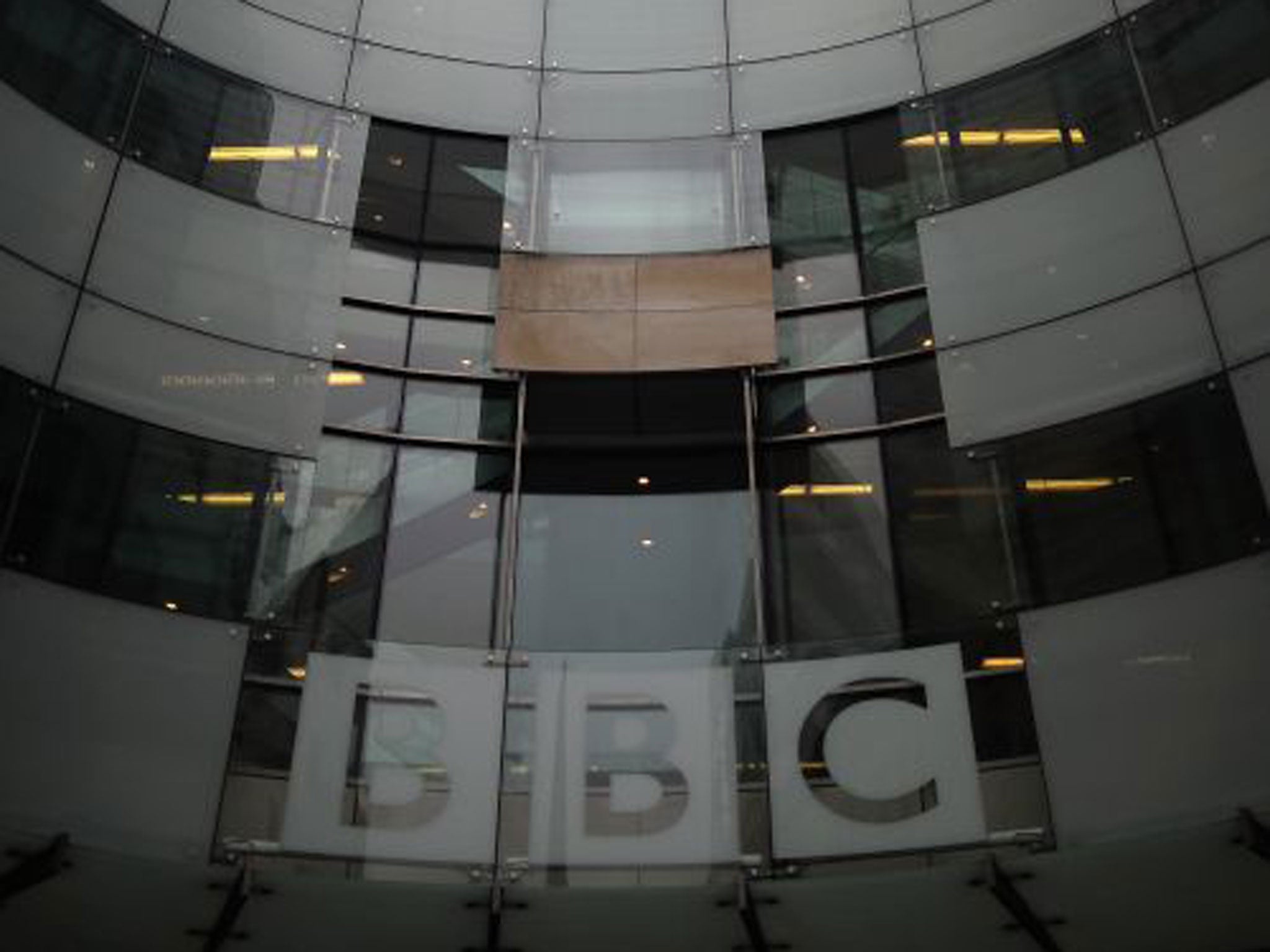
Your support helps us to tell the story
From reproductive rights to climate change to Big Tech, The Independent is on the ground when the story is developing. Whether it's investigating the financials of Elon Musk's pro-Trump PAC or producing our latest documentary, 'The A Word', which shines a light on the American women fighting for reproductive rights, we know how important it is to parse out the facts from the messaging.
At such a critical moment in US history, we need reporters on the ground. Your donation allows us to keep sending journalists to speak to both sides of the story.
The Independent is trusted by Americans across the entire political spectrum. And unlike many other quality news outlets, we choose not to lock Americans out of our reporting and analysis with paywalls. We believe quality journalism should be available to everyone, paid for by those who can afford it.
Your support makes all the difference.Plans to decriminalise non-payment of television licence fees would cost the BBC £500m – the equivalent to the annual budget of BBC2 – according to estimates drawn up within the Corporation.
The sum would be required to cover the cost of introducing a new system to cut off television signals to non-payers, which is seen as an inevitable consequence of reforms that would make licence-fee offences civil rather than criminal matters. The added £500m cost could put at risk further BBC digital services, such as BBC4 and Radio 6 Music, following the broadcaster’s recent decision to confine BBC3 to its iPlayer catch-up service.
Management has been shocked by the potential impact of the proposals, which are outlined in an amendment to the forthcoming Deregulation Bill, and backed by ministers, on its future income.
It has calculated that a probable rise in non-payment would cost £200m in lost income each year, equivalent to the combined annual budgets of Radio 2 and CBeebies.
The Government believes the BBC should enforce a new civil system by switching off the signal to those who fail to pay the £145.50-a-year licence charge. “You could turn off a defaulter’s signal,” one Whitehall source suggested. “It can be done for Sky and Virgin. If you knew that was going to happen, you’d be likely to pay up. It is something we are looking at.”
Such an enforcement system would mean that millions of Freeview boxes and digital television sets would need a special card to decode BBC signals. The scheme was described by one BBC insider as being “logistically the equivalent of the entire digital switchover process” – and executives believe it could cost £500m.
There is also considerable doubt at the BBC that such a scheme could be effective, with problems envisaged in trying to persuade home owners to introduce further technology to existing television sets. An encrypted system would require the BBC to abandon its current system of broadcasting channels “in the clear” to anyone with a TV set and a Freeview, cable or satellite set-top box.
With 35 million TVs currently incapable of unscrambling any future encrypted BBC signal, the Corporation would have to equip such homes with either a new set-top box or a special card to insert into a Freeview box. The BBC already faces a serious dilemma over extracting payment from people who claim only to watch programmes on-demand via iPlayer, for which they do not require a licence.
The threat of a £500m for a licence-enforcement system in addition to a fall of £200m in annual revenue caused by fewer payments would further weaken Director-General Lord Hall’s hand in talks for the BBC’s next Royal Charter, which will set the level of the licence fee beyond 2016.
The campaign for decriminalisation has cross-party support and is led by Conservative MP Andrew Bridgen. In 2012, 155,000 people were convicted of not having a TV licence. Most are fined up to £1,000 and receive a criminal record, but about 50 people a year are jailed. The Government has agreed that, within three months of the passage of the Deregulation Bill, a review will be conducted of the implications of decriminalisation, meaning that the issue will be considered as part of the BBC’s next charter review.
Join our commenting forum
Join thought-provoking conversations, follow other Independent readers and see their replies
Comments